Headaches can be quite complex to unravel in the clinical setting. There are over 150 types of headaches, the most popular being the “migraine” – which is often used synonymously with a massive headache.
Acute headaches can be due to serious causes like brain haemorrhages, tumours, infections and inflammations. When a headache presents acutely, it must be taken as a symptom of “something going wrong” in the brain, just like chest pain heralds a heart attack.
Of the recurrent headaches with no acute cause:
Tension Vascular Headaches are most common in young people and present as a tight band affecting the forehead and temples.
Migraine headaches usually start on one side and then generalise. They are accompanied by sensitivity to light, noise, or smells, nausea or vomiting, loss of appetite, and upset stomach or belly pain. Migraine headaches often have warnings (auras) and may present with complex symptoms like vertigo, diplopia (double vision) and paralysis.
Cluster headaches are the most intense headaches that often wake one up from sleep and appear in “clusters”- periods of intense pain followed by pain free periods. You could have intense burning or piercing pain behind or around one eye. It can be throbbing or constant. The pain can be so bad that most people with cluster headaches can’t sit still and will often pace about during an attack. Other than the piercing pain, the eyelids droop, the eyes redden, the pupils get smaller, and/or the eyes get teary. Further, the nostril on that side runs or stuffs up.
Sinus headaches are generally a deep and constant pain in your cheekbones, forehead, or on the bridge of your nose. They happen when sinus cavities in your head get inflamed. The pain usually comes along with other sinus symptoms, like a runny nose, fullness in the ears, fever, and a swollen face.
At Buddhi Clinic we assess your headache in detail, before we proceed to address it thoroughly. We study its character and we subtype it clinically. We look for comorbidities, risk factors & triggers – from what you eat, to factors in your lifestyle (sleep, posture at work, driving) to drug response, we study each aspect thoroughly.





